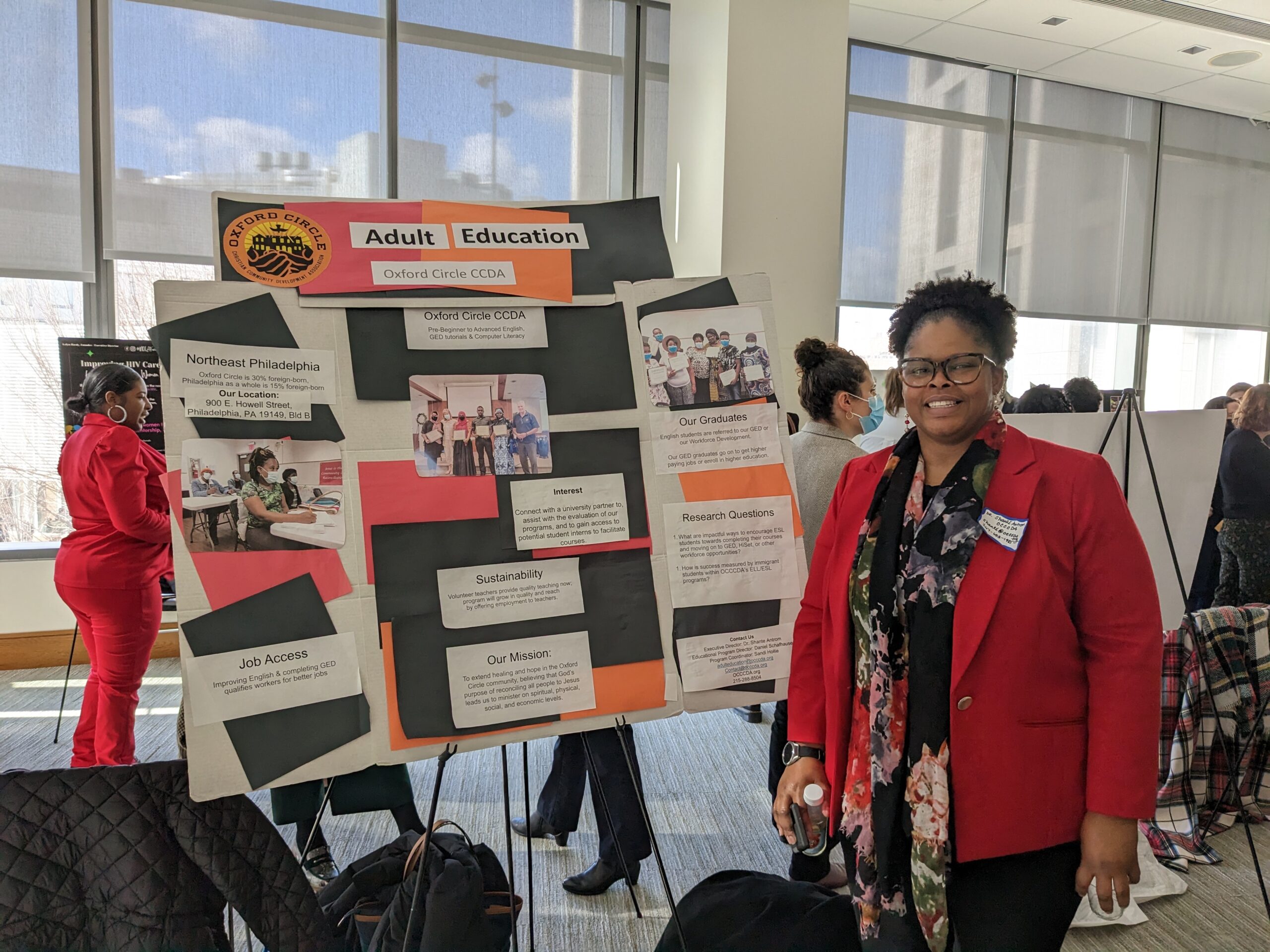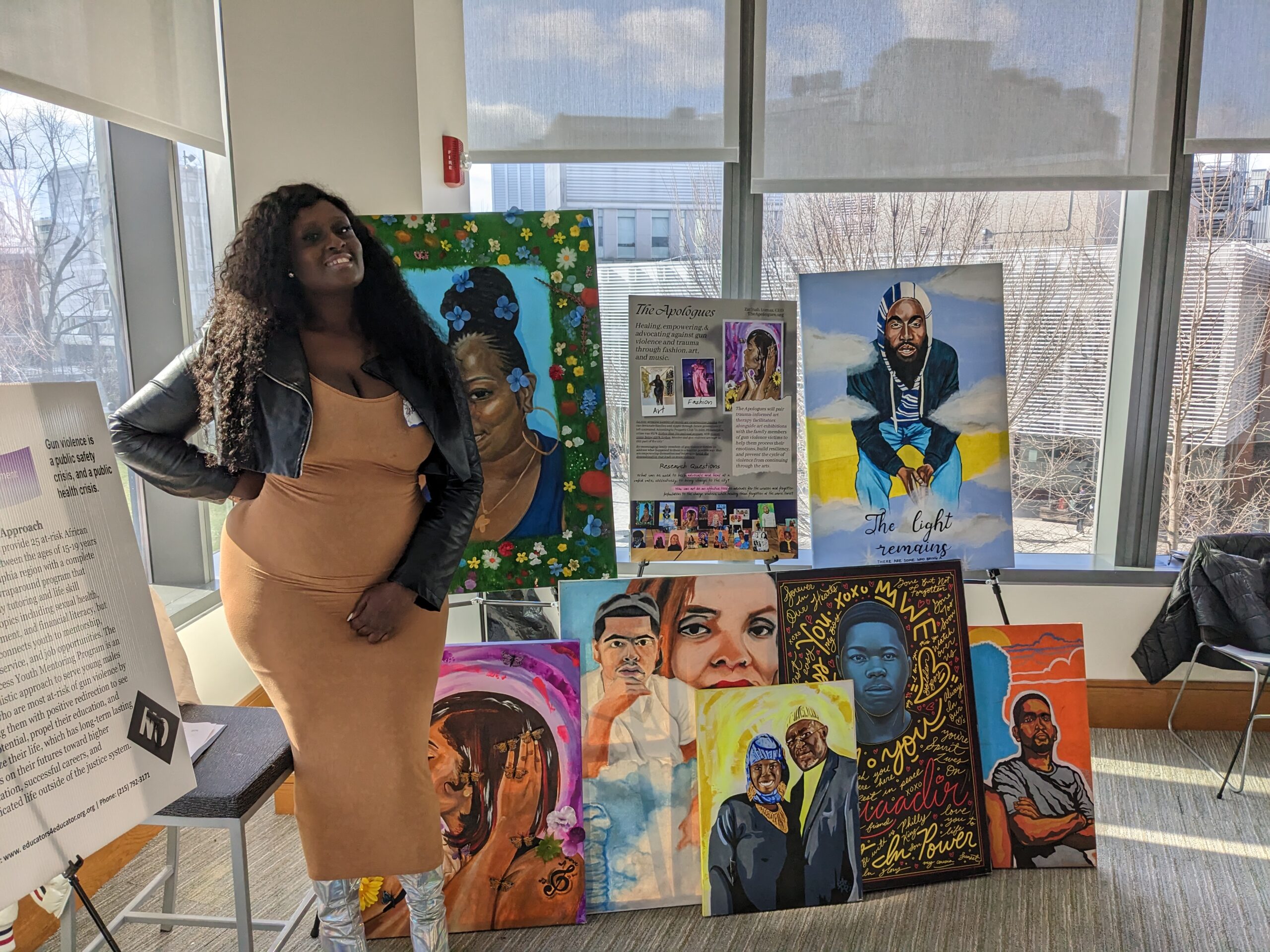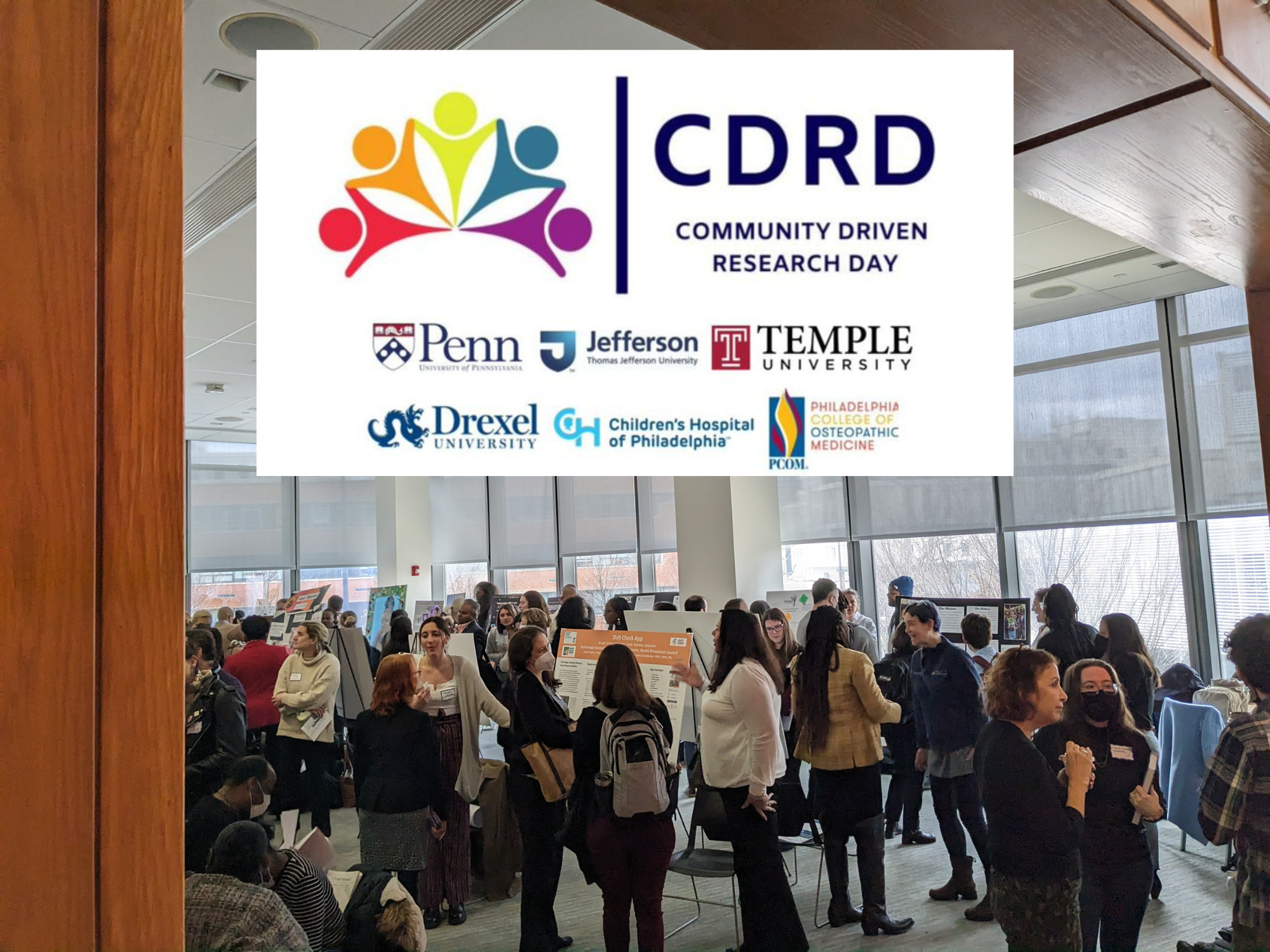The largest academic institutions in Philadelphia – Penn, CHOP, Temple, Drexel, PCOM, and Jefferson – connected with leading minds in the community during the 13th Annual Community Driven Research Day (CDRD) this past January at Drexel’s LeBow College of Business in West Philadelphia.
CDRD encourages collaborations between researchers and community-based organizations (CBOs) and community groups who have research questions that they are interested in answering, specifically in ways that address social determinants of health.
“Often it is the academic who is setting the research agenda, but the research is happening in the community. That’s why community-academic partnerships are so important, because community needs to be a part of setting the research agenda.”
-Ayana Bradshaw, keynote panelist, Executive Director of Health Promotion Services at PHMC/Executive Director of Health Promotion Council
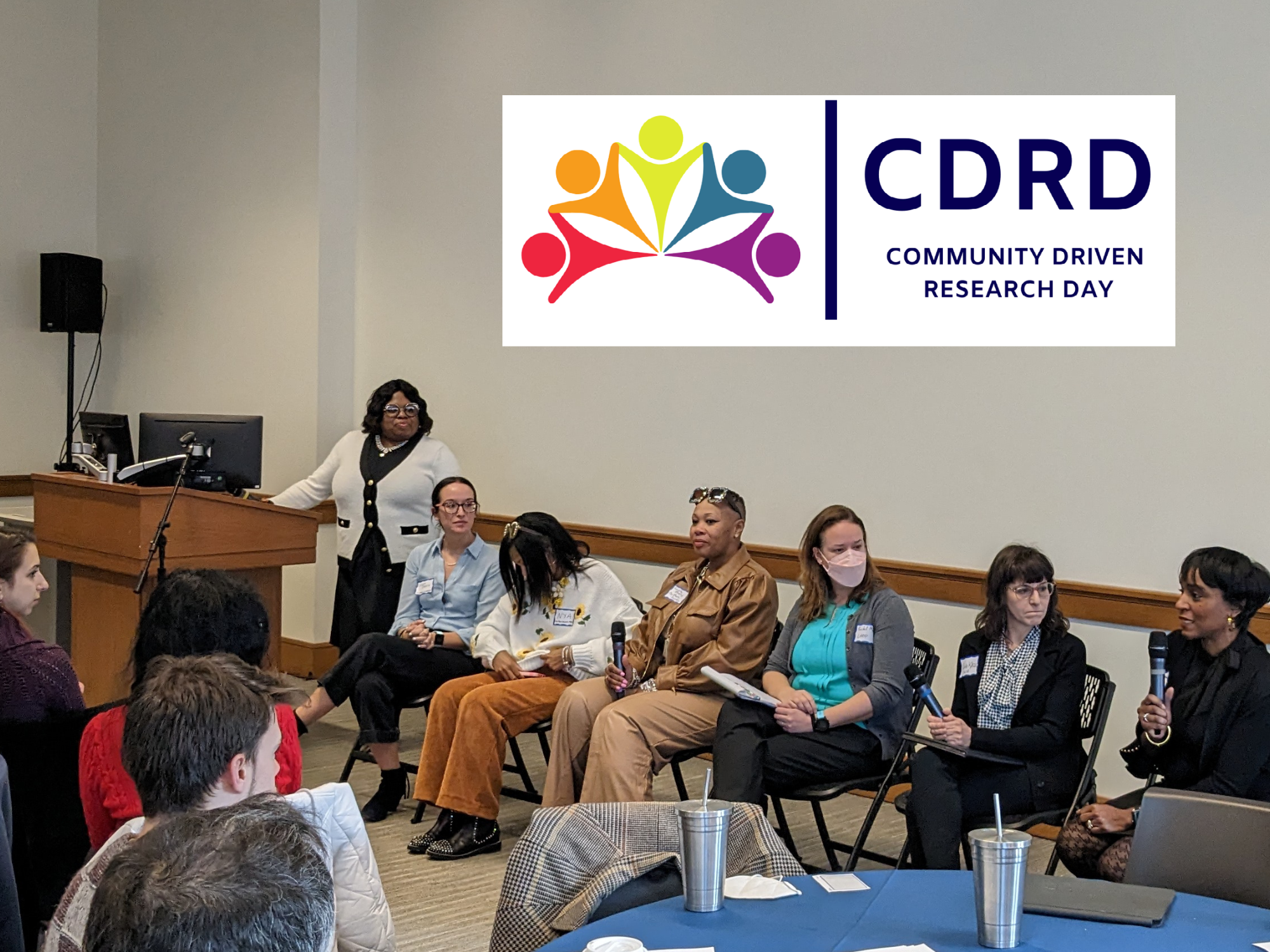
Through an interactive poster session, CBOs and community groups highlight their questions to CDRD participants, who include area non-profits, community groups, public sector partners, and researchers from the Children’s Hospital of Philadelphia, the University of Pennsylvania, Temple University, Drexel University, Thomas Jefferson University, and the Philadelphia College of Osteopathic Medicine. CBOs, community groups, academic researchers, and students have ample opportunity to discuss potential mutually-beneficial collaborations.
An esteemed keynote panel of community and academic partners, including Senior Scholar Rachel Myers and Community Scholars Alumni Lynette Medley, Nya McGlone, and Ronna Kassel, was moderated by Nicole Thomas, which provided pearls of wisdom to the audience in how to create and maintain effective partnerships. Other Penn Injury Senior Scholars and staff were also in attendance.
| Following the keynote panel was an engaging poster session, with past and present Community Scholars well-represented. Presenters from community-based organizations are eligible to partner with an academic to apply for $10,000 pilot grants from each participating institution, to develop community-led solutions and community-academic partnerships. |
